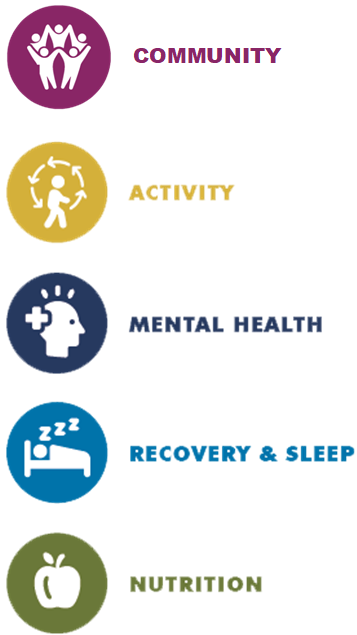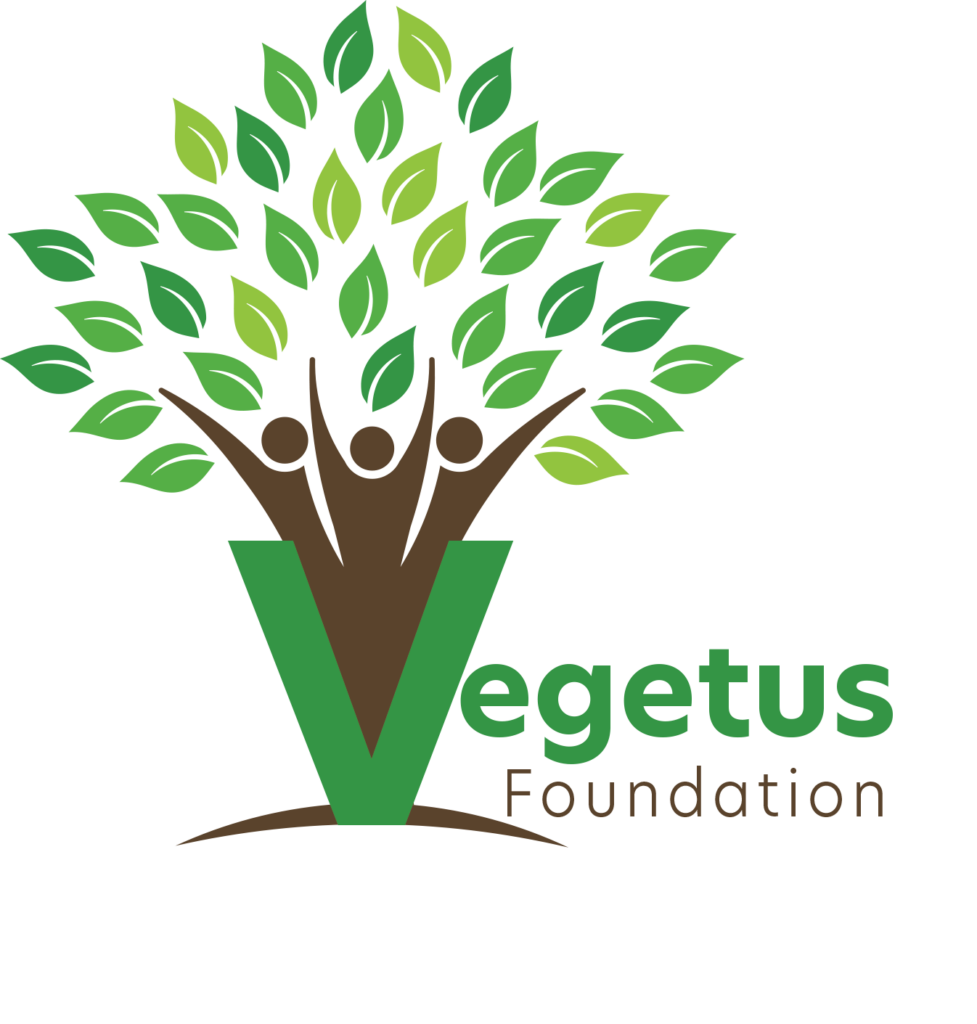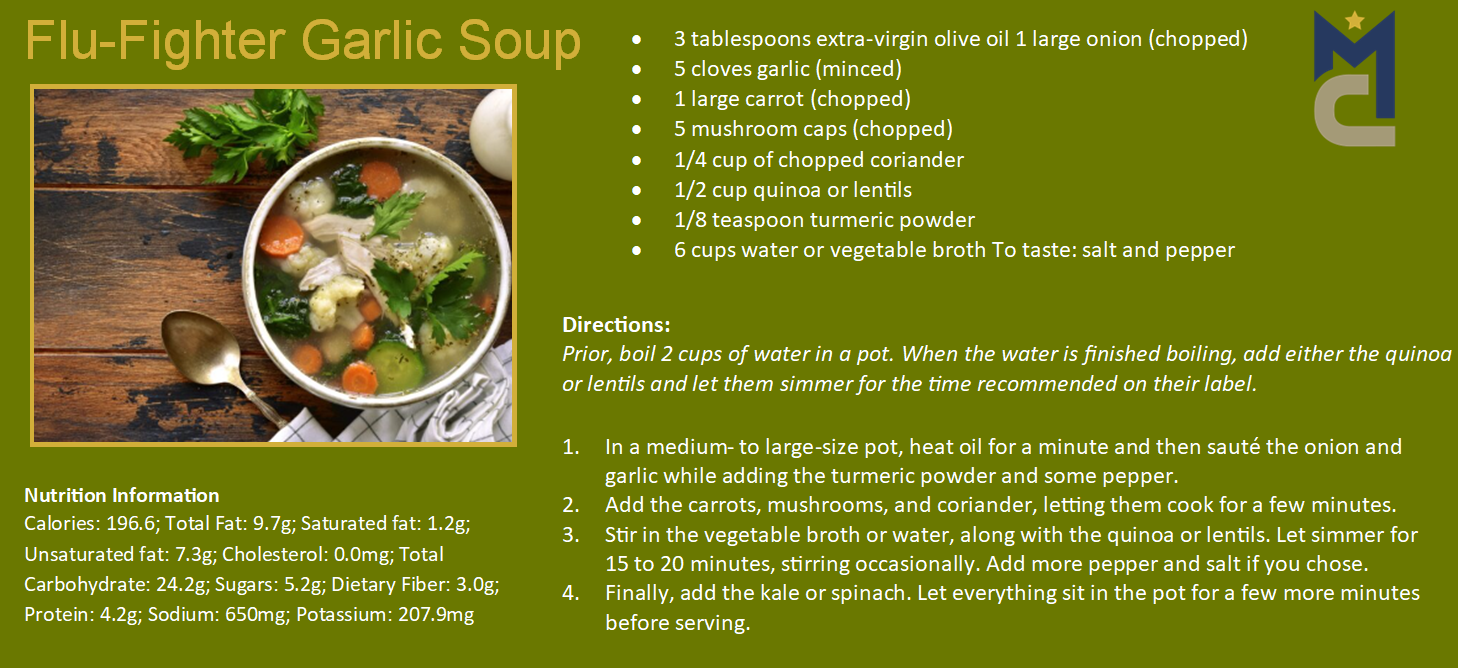
Ultra-Processed Foods: What Veterans Need to Know
Amy Anderson is a dietitian, mom of three, and a huge food enthusiast. For the past decade, she has been leading corporate nutrition programs, and now she is expanding her reach to the Military Connected Community to help YOU.
Amy has worked with thousands of people, ranging from one-on-one coaching to group classes and culinary demonstrations. Amy discovered her passion for helping moms alleviate the mental burden of mealtime with her signature program, The Meal Planning Bootcamp.

MilitaryConnected.org is a nonprofit organization improving the military-connected community’s transition experience through employer education, data driven research, and access to a network of job opportunities with military-ready employers.
The Vegetus Foundation is dedicated to helping Americans improve their quality of life through education on healthy living and has published the Nutrition Health Review since 1979. Learn more at nutritionhealthreview.com



Amy Anderson is a dietitian, mom of three, and a huge food enthusiast. For the past decade, she has been leading corporate nutrition programs, and now she is expanding her reach to the Military Connected Community to help YOU.
Amy has worked with thousands of people, ranging from one-on-one coaching to group classes and culinary demonstrations. Amy discovered her passion for helping moms alleviate the mental burden of mealtime with her signature program, The Meal Planning Bootcamp.
Amy’s nutrition beliefs are rooted in the principles of Intuitive Eating, which is a life-changing, self-care framework. By addressing her own food rules, ditching diet culture, and tuning back into her body’s wants and needs, she finally learned to love food and her own body again.
Amy is using that confidence and passion to teach busy moms how to create positive mealtime experiences for the whole family through meal planning. We sat down with Amy to see if she could provide her expertise to some common considerations and questions from Veterans and parents:
Ultra-Processed Foods: How much consideration do you give ultra-processed when designing meals for individual or group clients?
You can’t avoid them these days. There is always so much food marketing thrown our way that is unavoidable. I give quite a bit of thought to ultra-processed foods, but with a realistic and supportive approach. I understand my clients are getting bombarded with that same marketing and it may be hard to avoid some products on a busy schedule. The Dietary Guidelines for Americans highlight the benefits of nutrient-dense, whole foods—fruits, vegetables, whole grains, lean proteins, beans/lentils and healthy fats—and we know that many ultra-processed foods are high in sodium, added sugars, and unhealthy fats, while being low in nutritional value.
I meet people where they are. For busy families or individuals, ultra-processed foods may be a convenience. So I focus on progress over perfection: how can we build a balanced plate, even if part of it comes from a box or freezer aisle. It’s not all-or-nothing. I help clients learn to read labels and pair processed items with whole foods to boost nutritional value.
Example of finding balance: chicken nuggets, with frozen broccoli and microwaved rice of dinner. Frozen pizza with a side salad so we are adding some whole food nutrition while still leveraging the convenience of ultra processed foods.
Can you talk about your path to becoming a dietitian? How does it differ from a nutritionist?
Absolutely. I became a registered dietitian (RD) by completing an accredited undergraduate program in nutrition and dietetics, I completed a 1,200-hour supervised practice internship, and passed a national board exam to earn my credentials. I also maintain ongoing continuing education.
The title “nutritionist” is not regulated, which means anyone can call themselves one—even without formal training. A registered dietitian, on the other hand, is credentialed and licensed to provide medical nutrition therapy. So when you’re looking for someone to help manage conditions like diabetes, heart disease, or any nutrition need -including calorie and macros, it’s important to know you’re working with someone trained and credentialed.
You have a significant role in impacting the diets for large groups – what are some simple considerations for Veterans wanting to strengthen their diets?
Keeping things simple is important. For someone transitioning their career or location, this is especially true. Some simple, effective strategies include:
- I highly recommend prioritizing protein (lean meats) color (from fruits and veggies) and fiber-rich carbs (from grains, veggies, beans) on the plate at most meals. Fiber is a nutrient 95% of us don’t eat enough of.
- Hydrate – Even mild dehydration can impact energy and cognition.
- Like I mentioned earlier, you can eat these foods but consider what you can to them, we call this nutrition by addition.
- Make small and realistic changes, if you are trying to eat healthier – add one small habit at a time.
Feeding our kids feels like a maze – how can parents educate themselves? Any sources you recommend?
I completely understand that feeling—it’s overwhelming! Start with trusted, science-backed sources. My top recommendations:
- MyPlate.gov – Simple visuals and tips for all age groups. This replaced the food pyramid and is much easier to “digest.”
- HealthyChildren.org – Run by the American Academy of Pediatrics, it offers great nutrition advice that aligns with child development.
- ChooseMyPlate’s Start Simple app – Great for quick wins and goal setting.
I also encourage parents to be curious, not perfect. Instead of chasing the “ideal” diet, focus on building habits like eating together, trying new foods, and encouraging kids listen to their hunger cues.

Amy’s 5 Real-Life Nutrition Recommendations
- Have a plan! – meal planning yields less stress, helps save money and reduces decision fatigue
- Strive for a one family meal – One meal- build your own meals work really well.
- Start with what they like – Build on familiar favorites with small, nutritious upgrades.
- Pasta is a fav, try adding a tomato sauce (blending in some additional veggies)
- Add, don’t restrict – Focus on adding fruits, veggies, fiber, and protein instead of saying “no” to everything.
Advancing the Military Connected Community with MilitaryConnected.org
MilitaryConnected.org connects businesses across the nation with top military connected talent. Our mission is to end attrition and unemployment in the workplace for military connected employees.
With our unique, holistic approach to talent engagement, employer education, and data-driven research, MilitaryConnected.org and our platform is the nation’s best veteran and military family employment engagement strategy.
By entering your Military Occupational Specialty (MOS) code into a job matching tool, you can identify civilian careers that align with your military training and experience. These tools, such as the Veterans Job Matcher, analyze your MOS to suggest relevant occupations, providing information on matching roles. This approach helps veterans translate their military skills into civilian-applicable qualifications, potentially streamlining the job search process by focusing on compatible opportunities. Access this FREE service on our platform by CLICKING HERE




